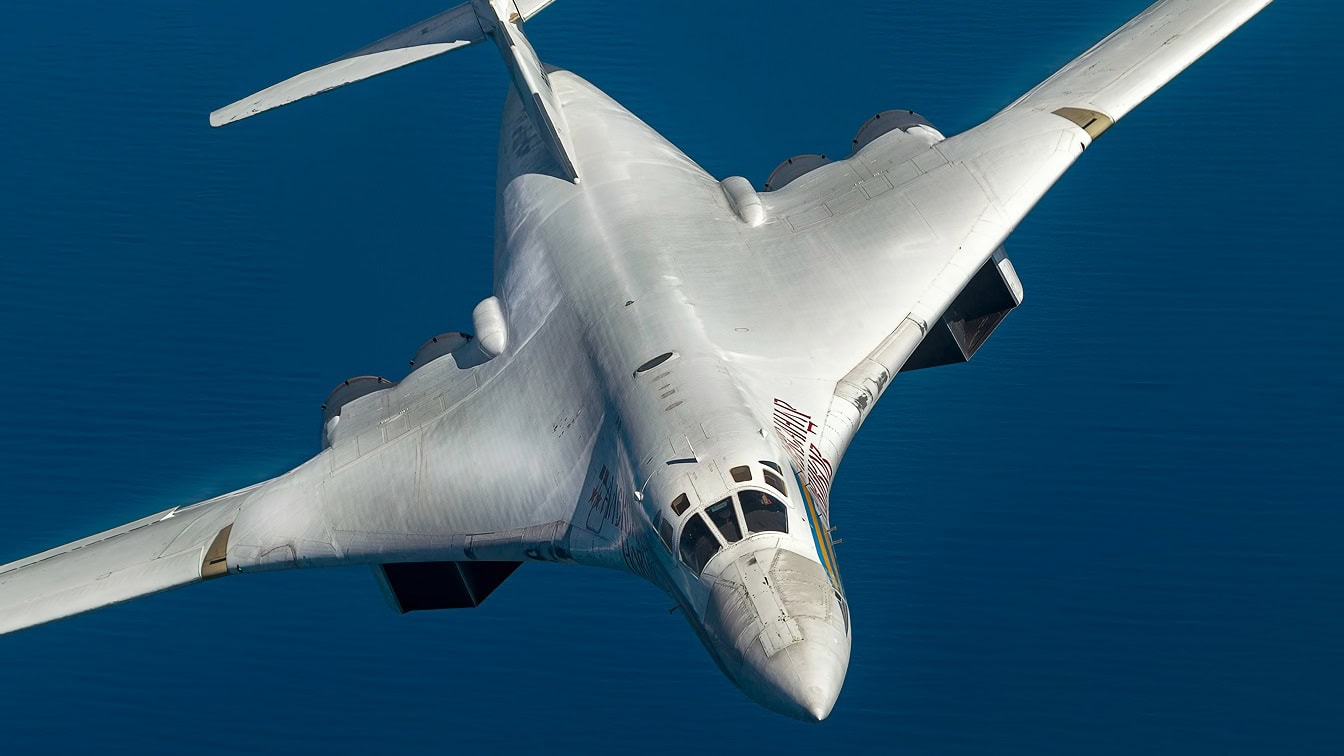Russian President Vladimir Putin constantly threatens to start a nuclear war. At the very least, that forces us to wonder whether he actually would.
When his next offensive fails — when the next Ukrainian counterattack begins to reclaim lost territory — will Putin launch his nukes? Simple logic strongly suggests that a global thermonuclear war is not on the agenda.
What we should really ask, then, is what are the conditions short of war in which nuclear weapons can be effective, and do these conditions prevail in Ukraine?
To answer this, we need a clear understanding of why nuclear war is not an option. Russia’s nuclear chain of command requires Putin to send a request for a nuclear strike to his Minister of Defense, Sergei Shoigu, and the Chief of the Russian General Staff, Valery Gerasimov.
If these men disagree with Putin, the strike does not happen. Why would either of these men, who are long-time Putin supporters and presumably supporters of the Ukrainian war, override Putin’s orders? Because Russia’s survival is more important to them than Putin’s wounded pride.
Russia can survive losing in Ukraine and come back swinging at a later date. It cannot survive a nuclear war.
Putin and Nuclear Psychological Warfare
So there will be no global thermonuclear war. Does this prohibition cover the use of a single tactical nuke? There is no guarantee that what starts at the tactical level will not escalate to the strategic level. Even if NATO’s initial response is non-nuclear, follow-on strikes may be a different story. The threat of escalation is a hard barrier to using tactical nukes — a barrier that Putin cannot overcome.
If there will be no direct use of nuclear weapons in Ukraine, what about indirect use? Is there a way to use atomic weapons short of war? Thanks to a year of constant doom-mongering, 69% of Germans now fear that an escalating war will end in a “retaliatory” Russian nuclear strike. This fear provides the perfect cover for Germany’s Putinverstehers to delay the shipment of German supplies to Ukraine.
If the rest of NATO followed Germany’s example, NATO’s supply line to Ukraine could be crushed. That supply line, which includes 90,000 artillery rounds a month, keeps Ukraine in the fight. Reduce or remove the supply line, and Putin can win his war.
How does Putin make that happen? He first convinces his defense minister and General Staff to prepare the atomic weapons test site at Novaya Zemlya for immediate use. The stated goal is to draw NATO into negotiations that pit the Comprehensive Test Ban Treaty (CTBT), which outlaws nuclear weapons tests, against resupplying Ukraine. The odds of reaching a deal are pitiful, but for the generals it is a low-cost, low-risk option, and it steers them away from a confrontation with Putin, so why not try it?
Using the Western Media
When negotiations fail, Putin must convince his minders to take the final step and sign off on an actual test. His will be a depressingly easy argument to make. First, the hard barrier posed by escalation doesn’t exist for nuclear testing. The resumption of nuclear testing is not an act of war. It is a reversion to pre-CTBT norms. Second, the pressure to do anything to turn a losing war around would be immense.
A nuclear test would send a direct and unmistakable message to NATO, especially if the tests occurred while Ukraine was fighting to take back Crimea. In the days and weeks following the tests, the Western media would obsess on the issue, helping to ratchet up the sustained fear of an atomic Armageddon that Russia needs to help strangle NATO’s supply lines to Ukraine.
Vladimir Putin is desperately trying to salvage a failed war. If the direct use of nuclear weapons is off the table, but an indirect method exists, why would he not use the indirect method?
MORE: Ukraine Needs M1 Abrams Tanks Now (But Will Have to Wait)
MORE: Joe Biden Won’t Send F-16 Fighters to Ukraine
MORE: Why Putin Should Fear the F-16 Fighter
MORE: Why Donald Trump Can’t Win in 2024
George Walsh was an active member of the U.S. Army from 1986-1989 and a member of the U.S. Army Reserve from 1989-1994. He holds a degree in Political Science from Pennsylvania State University.

